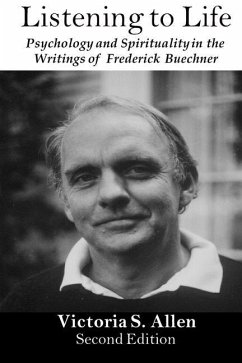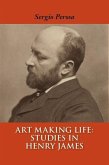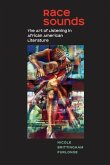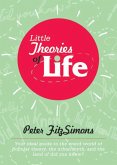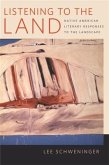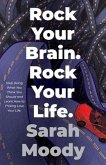Author Victoria S. Allen, PhD applies a psychological/spiritual analysis to Buechner's writings. This second edition includes Allen's insightful comparison of the conversion narratives of C.S. Lewis and Frederick Buechner. A new preface offers an expanded explanation of Buechner's writings and experience through the lens of psychiatrist Dr. David Allen's Contemplative Discovery Pathway Theory (CDPT). Frederick Buechner (b.1926) has published sixteen novels and seventeen works of non-fiction and was nominated for the Pulitzer Prize. His unique integration of psychology and Christian faith parallels developments by writers in spirituality and psychiatry who describe psychological principles of human behavior within the context of a Judeo-Christian perspective. By examining Buechner's effective use of psychological dynamics to affirm spiritual experience, the author demonstrates his quality as a novelist and his relevance in a postmodern world.Drawing on psychological principles developed by Freud, Jung, Mahler, and Kohut, the first chapter presents a paradigm for the integration of psychology and spiritually. The second chapter draws on Buechner's essays, lectures, and three autobiographies to provide background from his non-fiction to illustrate his articulation of psychological and spiritual issues. The concept of "listening to your life," intrinsic to Buechner's approach, is the heart of the psychotherapeutic process. Seeing a spiritual connection to psychotherapy, Buechner cites God's questions to Adam and Eve in Genesis 3, "Where are you?" and "What is this that you have done?" and comments, "Psychotherapists, psychologists, psychiatrists, and the like have been asking the same ones ever since."The third chapter introduces the earlier Buechner novels, showing how these works contain psychological and spiritual concerns which prefigure his later development as a novelist. In 1965, for example, he introduces a character who is a therapist modeled after the Episcopalian lay leader Agnes Sanford who prays for the healing of her clients' memories and instructs the protagonist, a parish minister, to go beyond the secular psychological approach to fulfill his sacred role as priest/confessor.The three subsequent chapters deal with three later novels, each unique but sharing common characteristics of the protagonist's quest for holiness, wholeness, and meaning. Chapter four explores Buechner's four-part modernist novel told in the first person by a skeptical agnostic narrator who confronts a charismatic Southern preacher illustrating the concept of wounded healer. Psychological and spiritual approaches to listening to one's life are contrasted in the two main characters.In chapter five, Allen shows how Buechner recasts a very different genre, medieval hagiography to subvert the traditional view of holiness based on the life of twelfth-century English saint Godric of Finchale. Chapter six presents Buechner's book on the Jacob narratives of Genesis from the autobiographical viewpoint of Jacob, the Hebrew patriarch, as he listens to his life. Plagued by toxic shame, Buechner's protagonist finds psychological and spiritual healing when he is changed from Jacob to Israel. The final chapter summarizes Buechner's significance as a novelist in bringing together spirituality and psychology. After reviewing the manuscript of the first edition of Victoria Allen's book, Fredrick Buechner wrote this to her: "I have spent this entire morning reading in and around through your manuscript and find it as understanding of my books, particularly as they related to my life, and as generally discerning, incisive and skillfully expressed as anything on the subject that I've yet seen. Thanks for the pleasure your words have given me and for all the labor that must have gone into them. It touches me to think of Leo Bebb, Godric, and Heels as our common friends."
Hinweis: Dieser Artikel kann nur an eine deutsche Lieferadresse ausgeliefert werden.
Hinweis: Dieser Artikel kann nur an eine deutsche Lieferadresse ausgeliefert werden.

